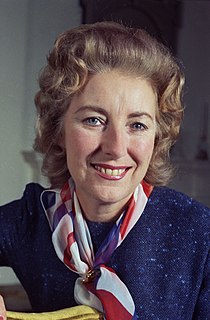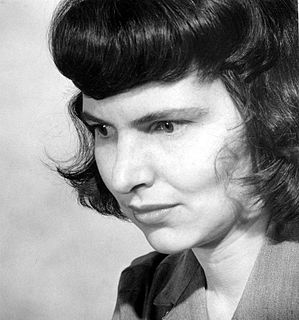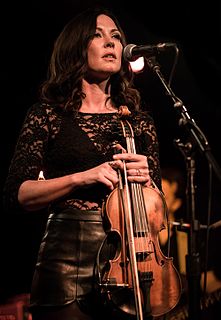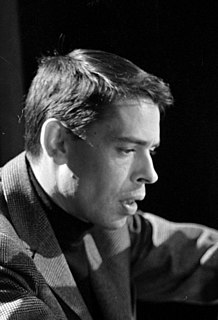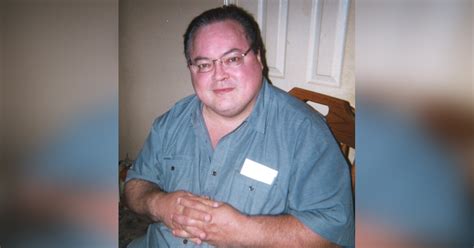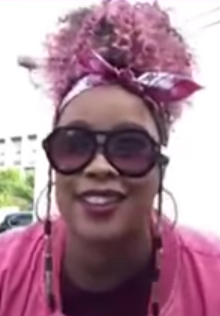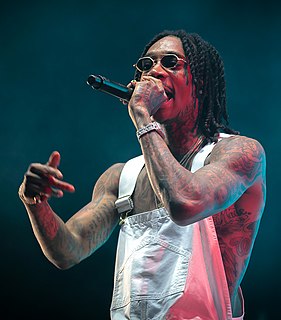A Quote by Kanye West
One thing that I like to do is use words that have never actually been used in a rap song before. I also like to take words that have negative connotations and show their real meaning.
Related Quotes
To demarcate [words in way that changes the meaning] is simply to speak a different language than everyone else. And I do not accept semantic games like that. [...] We need to use words as they are actually used and understood. We can correct errors and inconsistencies and make distinctions. But we can't try to foist an alien language on people.
At birth we begin to discover that shapes, sounds, lights, and textures have meaning. Long before we learn to talk, sounds and images form the world we live in. All our lives, that world is more immediate than words and difficult to articulate. Photography, reflecting those images with uncanny accuracy, evokes their associations and our instant conviction. The art of the photographer lies in using those connotations, as a poet uses the connotations of words and a musician the tonal connotations of sounds.
If a thing can be said in ten words, I may be relied upon to take a hundred to say it. I ought to apologize for that. I ought to prune, pare and extirpate excess growth, but I will not. I like words—strike that, I love words—and while I am fond of the condensed and economical use of them in poetry, in song lyrics, in Twitter, in good journalism and smart advertising, I love the luxuriant profusion and mad scatter of them too.
I’ve always been a word guy, I like weird words and I like American slang and all that and words that are no longer being used… I like to drag them out of the box and wave them around… this is an interesting one, it’s amazing how in addition to punctuation just a little pause in the wrong place can just completely transform the meaning of something.
Rap isn't poetry, not least because it involves music and often other elements that aren't words. But the way poets in English use things like rhyme and meter, and the ways these conventions both do and don't apply to rap we try to lay out the rules for rap, in order to understand the techniques that artists like Jay-Z and Kanye employ.
You can give words, but you can't take them. And when words are given, that is when they are shared. We remember what that was like. Words so real they were almost tangible. There are conversations you remember, for certain. But more than that, there is the sensation of conversation. You will remember that, even when the precise words begin to blur.
Rebecca was an academic star. Her new book was on the phenomenon of word casings, a term she'd invented for words that no longer had meaning outside quotation marks. English was full of these empty words--"friend" and "real" and "story" and "change"--words that had been shucked of their meanings and reduced to husks. Some, like "identity" and "search" and "cloud," had clearly been drained of life by their Web usage. With others, the reasons were more complex; how had "American" become an ironic term? How had "democracy" come to be used in an arch, mocking way?

